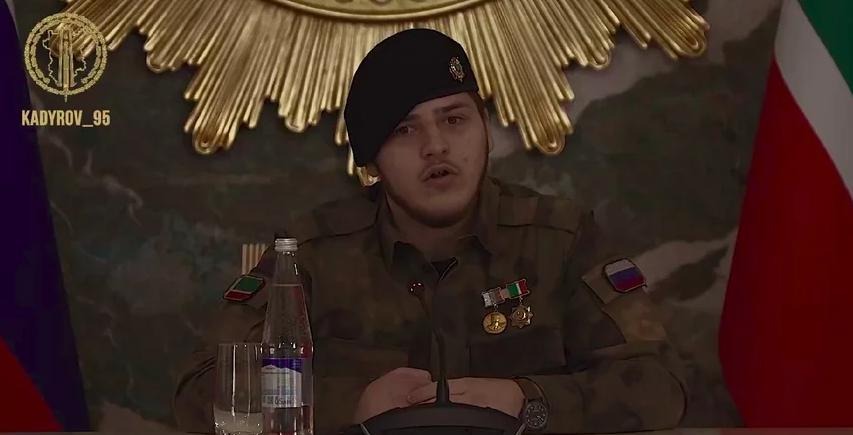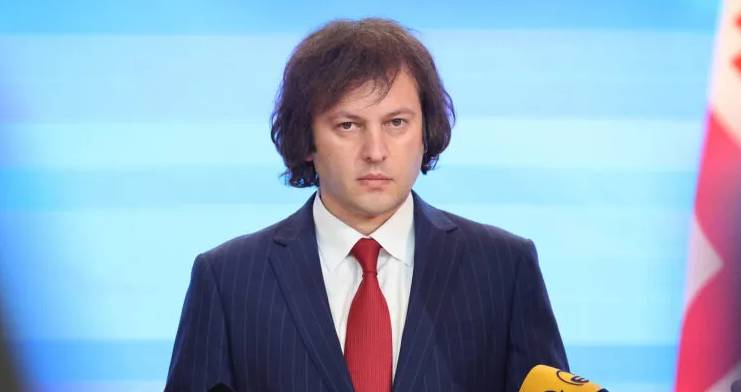Two days after media and Telegram channel reports of an accident involving the son of Chechen leader Adam Kadyrov, official sources have provided no information on the matter.
On March 30, the Supreme Court of Russia commuted the sentence of an Astrakhan resident convicted of drug charges because he participated in the Russian-Chechen war.
Oleg Yakub was previously convicted twice for drunk driving. He was given a new sentence for a more serious crime - attempting to sell drugs on a large scale by a group of people by prior conspiracy using the Internet - and was given 9 years and 8 months of strict regime. At the same time, the court of first instance took into account mitigating circumstances: confession and the presence of three dependent young children.
Yakub and his lawyer did not dispute the factual circumstances of the case, but considered the sentence too harsh, so they filed an appeal, after which the sentence was upheld. In turn, the cassation court found another reason for mitigating the sentence - the defendants' active assistance in solving and investigating the crime - and reduced the term of imprisonment by 8 months.
However, the convict wrote a new cassation appeal to the Supreme Court of Russia, in which he asked attention to the fact that in the period from 2000 to 2001 he took part in hostilities in the territories of Chechnya and Dagestan, which, in his opinion, is a mitigating circumstance, but was not taken into account by the court when sentencing.
The Supreme Court panel agreed that this was unfair. “The participation of the convicted person in hostilities in defense of the Fatherland is a mitigating circumstance,” the judges ruled and commuted the sentence by another two years – to 7 years.
On April 14, the “Chechen experience” came in handy for another defendant - the head of the department of the Main Organizational and Mobilization Directorate of the General Staff of the Armed Forces of the Russian Federation, Colonel Ivan Mertvishchev, who extorted a bribe in the form of a washing machine.
As Kommersant reported, the General Staff officer took advantage of the conscription campaign and called the military commissar of the Moscow district of Ramenki. During the conversation, he made it clear that things were going badly with the recruitment of conscripts in Ramenki, but the report could be corrected if the military commissar purchased for him a washing machine worth at least 70 thousand rubles. We decided on the Bosch model. However, the military commissar reported the extortion to the military counterintelligence department, and the colonel was detained even before the first wash.
First, the case was opened under the article on extortion of a bribe, which carries a sentence of 12 years in prison. But in court, the colonel said that the Ramensky military registration and enlistment office was not even included in the plans of inspections of the General Staff and his attempt to furnish the bathroom after renovation was not extortion, but fraud, and a failed one at that. As a result, the 235th Garrison Military Court reclassified the article as “attempted fraud” and fined Mertvishchev 400 thousand rubles. The verdict states that the court took into account mitigating circumstances: the fact that the colonel admitted guilt, took part in hostilities in Chechnya, and has several orders. In addition, while on trial, he wrote a report with a request to be sent to the Northern Military District zone.



